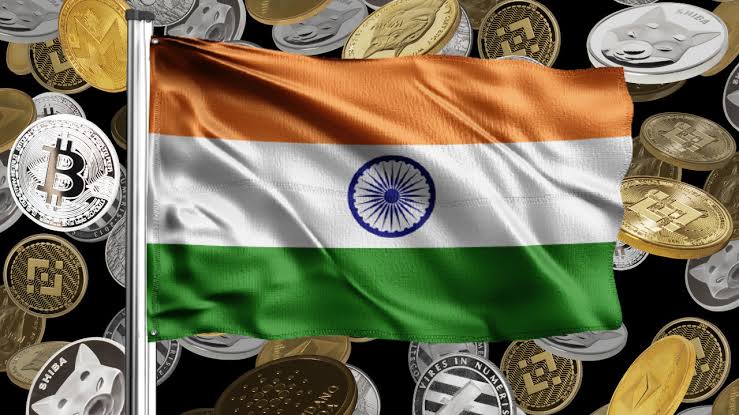India’s stock market will soon have a quicker trade settlement system in place to better compete with investors’ rising preference for cryptocurrency exchanges.Madhabi Puri Buch, the chair of the Securities and Exchange Board of India (SEBI), declared on March 11 that a T+0 transaction settlement cycle would be implemented by March 28.Trades can choose to use this optional service, which is designed to meet the needs of those seeking same-day settlement.Since 2021, the Indian stock market has been using a T+1 settlement cycle, meaning that every stock trade is resolved the next day.The T + 1 settlement cycle was implemented gradually, just like T + 0.
Buch claims that in order for the Indian stock market to compete with cryptocurrencies, a shift to T+0 is necessary.Investors, in her opinion, anticipate quick settlements, and they will go to an area that already provides them if a “well-regulated market cannot compete with the crypto world” in the near future.
SEBI claims that T+0 and the rapid settlement cycle will benefit investors by enabling them to get monies and securities instantly. Additionally, same-day settlements will provide the investor more control over their money and assets and remove the possibility of a settlement deficit.
A notice of noncompliance was recently issued by the Financial Intelligence Unit (FIU), a division of the Indian Ministry of Finance that collects financial intelligence regarding violations under the nation’s Prevention of Money Laundering Act.On December 28, 2023, Binance, HTX, Kraken, Gate.io, KuCoin, Bitstamp, MEXC Global, Bittrex, and Bitfinex received notifications for operating unlawfully in India.Twelve days were granted to the exchanges to comply with Indian requirements regarding Know Your Customer and Anti-Money Laundering.
Even though India has consistently rejected cryptocurrencies, the country is nevertheless implementing blockchain technology in a number of national projects.The nation recently disclosed that it is home to more than eight million official government papers spread across five distinct blockchain systems.
Hyperledger Fabric, Hyperledger Sawtooth, and Ethereum are the three main blockchain systems that India employs to produce its goods.At present, India uses five blockchain products: the certificate chain, document chain, medicine logistics chain, judicial chain, and property chain.

